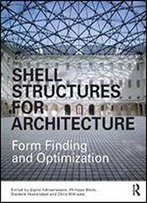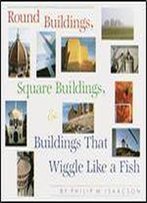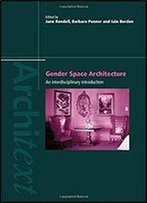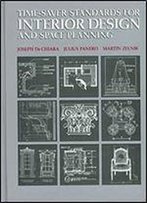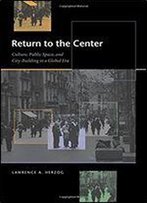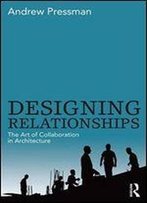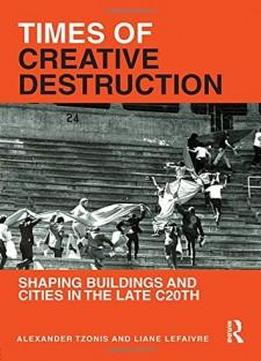
Times Of Creative Destruction: Shaping Buildings And Cities In The Late C20th
by Alexander Tzonis /
2017 / English / EPUB
11.2 MB Download
Times of Creative Destruction
Times of Creative Destruction is about the years that
followed the end of WWII, one of the most seminal and dramatic
epochs in human history, during which extraordinary
star-buildings were born, cities exploded, and an unprecedented
world of a ‘Third Ecology’ emerged. Never before was there such a
flurry of daring mega-constructions, such daring spatial
acrobatics, ‘star’ buildings by star architects attained by star
developers, mega-constructions, technological feats, and
flourishing spatial acrobatics. But, for all its exhilarating
creativity, this was also an era of unanticipated, intractable,
irreversible destruction reducing the uniqueness and diversity of
cultural, social and ecological peaks and valleys of our world,
to a ‘desert flatland’, environmental inequality and unhappiness.
is about the years that
followed the end of WWII, one of the most seminal and dramatic
epochs in human history, during which extraordinary
star-buildings were born, cities exploded, and an unprecedented
world of a ‘Third Ecology’ emerged. Never before was there such a
flurry of daring mega-constructions, such daring spatial
acrobatics, ‘star’ buildings by star architects attained by star
developers, mega-constructions, technological feats, and
flourishing spatial acrobatics. But, for all its exhilarating
creativity, this was also an era of unanticipated, intractable,
irreversible destruction reducing the uniqueness and diversity of
cultural, social and ecological peaks and valleys of our world,
to a ‘desert flatland’, environmental inequality and unhappiness.
This book critically discusses and revaluates these contradictory
events, bringing together and commenting on a selection of
shorter key texts by Tzonis and Lefaivre, the product of a rare
research and writing partnership. The texts, published between
the early 1960s and the present, are significant as documents
that inform about the period. They are also important and timely
because of their critical and influential role in the debates of
this era, both creative and destructive.
This book critically discusses and revaluates these contradictory
events, bringing together and commenting on a selection of
shorter key texts by Tzonis and Lefaivre, the product of a rare
research and writing partnership. The texts, published between
the early 1960s and the present, are significant as documents
that inform about the period. They are also important and timely
because of their critical and influential role in the debates of
this era, both creative and destructive.


